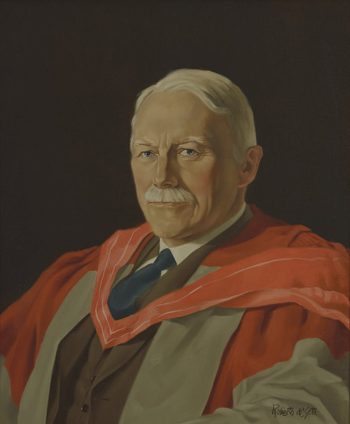Dr. William R. Graham
- Canadian Agricultural Hall of Fame
- Inductees
- Dr. William R. Graham

- Inducted: 1975
- Residing Province: Ontario
- Gallery Location: 93
Dr. William R. Graham
- (1875
- -
- 1958)
“Canada’s Poultryman of the Century” – that was the title given to Dr. W.R. Graham by the Ontario Poultry Council in Canada’s centennial year when granting him, posthumously, its award of merit.
When young Graham commenced his career in the poultry department at the Ontario Agricultural College, exhibition poultry occupied the spotlight. He didn’t fight the fanciers – instead he joined them – and soon gained recognition as a competent judge. At the same time, however, his experimental and research projects were designed to focus attention on utility. This led to the development of the OAC strain of Barred Plymouth Rocks, which soon became Canada’s national farm chicken.
As his staff grew in numbers, Graham began to assume the role of the “idea” man, particularly where research was involved. Being insatiably curious about all phases of the industry, he was inclined to ask many pertinent questions. In fact, he was sometimes accused of answering a question by asking another one. It soon became apparent, however, that this was his method of teaching students and associates to think for themselves.
In 1908, he was a co-founder of the Poultry Science Association, embracing members from both Canada and the United States. Four years later, he was a prime mover in the formation of the World’s Poultry Science Association, the sponsor of World Poultry Conferences.
During the First World War, he was largely responsible for Canada’s adoption of national grades for eggs and poultry meat. The Canadian Produce Association (1915) and the Ontario Poultry Council (1937) were products of his fertile mind.
Throughout his career, he developed a close liaison in the fields of graduate studies and research between OAC and its academic parent, the University of Toronto. In recognition of his many contributions, the University of Toronto conferred on him the degree of Doctor of Science in
“L’homme de la volaille du centenaire du Canada” – c’est le titre donné à Dr W.R. Graham par l’Ontario Poultry
Council dans l’année du centenaire du Canada lorsqu’il a reçu cette reconnaissance à titre posthume.
Au début de sa carrière à la scetion de la volaille de l’Ontario Agricultural College (OAC), la volaille d’exposition
était à l’honneur. Il n’a pas affronté les exposants mais, au contraire, il les a rejoint, et bientôt fut reconnu
comme un juge compétent. Au même moment, cependant, les projets expérimentaux et de recherche du Dr.
Graham ont focalisé sur l’utilité des espèces. Cela a conduit au développement du caractère OAC de la
Plymouth Rock barrée, qui deviendra bientôt la poule nationale sur les fermes du Canada.
Avec une équipe plus nombreuse en place, Graham a commencé à assumer le rôle d’un homme d’idées,
particulièrement dans le domaine de la recherche. Un homme à l’esprit curieux de tous les aspects de
l’industrie, il était porté à poser de nombreuses questions pertinentes. En fait, il a parfois été accusé de
répondre à une question en en demandant une autre. Il est vite devenu évident, cependant, que c’était sa
méthode d’enseigner aux étudiants et aux collègues à penser par eux-mêmes.
En 1908, il a été co-fondateur de la Poultry Science Association, comprenant des membres du Canada et des
États-Unis. Quatre ans plus tard, il a été un des premiers promoteurs dans la formation de la Word’s Poultry
Science Association, le promoteur des Conférences mondiales de la volaille.
Pendant la Première Guerre mondiale, il était en grande partie responsable de l’adoption d’un système de
classement canadien pour les œufs et la viande de volaille. Le Canadian Produce Association (1915) et
l’Ontario Poultry Council (1937) ont été le résultat de son esprit fertile.
Tout au long de sa carrière, il a développé des liens étroits dans le domaine des études supérieures et de la
recherche entre OAC et l’Université de Toronto. En reconnaissance de ses nombreuses contributions,
l’Université de Toronto lui a conféré le certificat de Docteur en sciences en 1938.
- Canadian Feed Manufacturers’ Association


